
Pope Francis has used, during a mass at St. Peter's Basilica, the word “genocide to describe the mass killing of Armenians one hundred years ago.
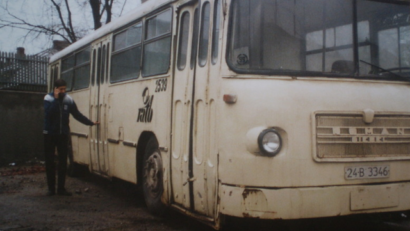
The Romanian bus industry has a history dating back to the early 1900s.

After the film Aferim! got the Golden Bear for best directing at the Berlin Film Festival, producer Ada Solomon said that the award was a confirmation of the courage that she and Radu Jude had to carry through such a complex project.

Romania boasts over 400 species of birds at present
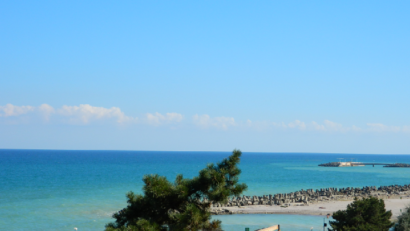
The opening of the summer season for the Romanian Black Sea coast resorts is getting near fast.
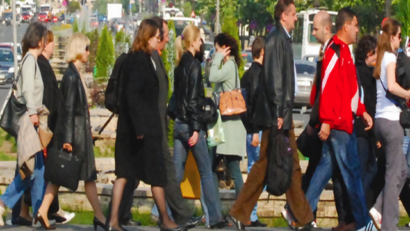
Scientists with the Psychology and Psychotherapy Department of the Babes-Bolyia University in western Romania have conducted a study on Romanian people's psychological profile.
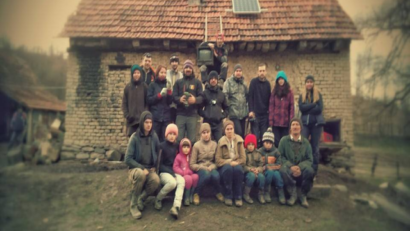
Schools and homes in isolated areas in Romania were provided with electricity as part of “Light for Romania project.
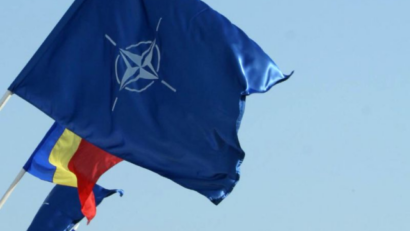
NATO has stated it will defend its allies against threats of any kind.

Unemployment is one of the worst outcomes of the economic, hitting Europes youth particularly hard.

At the 9th Gopo Gala, “Closer to the Moon, directed by Nae Caranfil, won 9 awards.
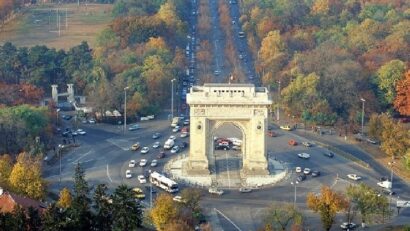
Architect Petre Antonescu left a lasting mark on Bucharest.
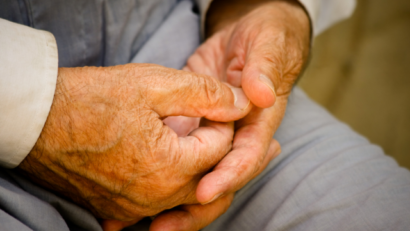
27.5% of Romania's senior citizens over 65 live in dire poverty, as compared to the European average of 7%.
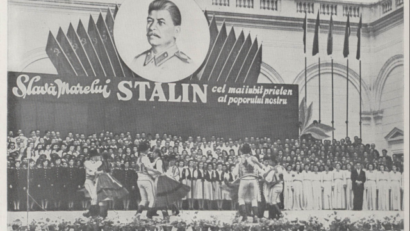
It was only after Stalins death in 1953 that Romania started its own initiatives in the region.
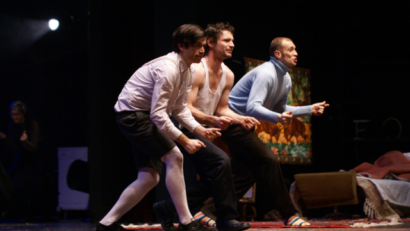
Three of Afrim's plays will be staged in Sibiu.
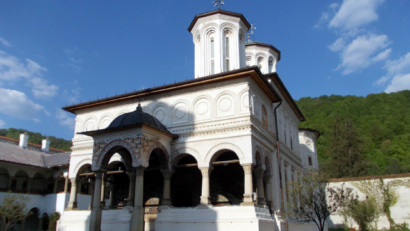
The Hurezi Monastery, commissioned by Romanian ruler Constantin Brancoveanu in his 2nd year of rule, namely in 1689, is located in the...
